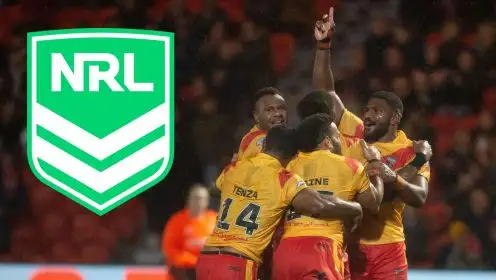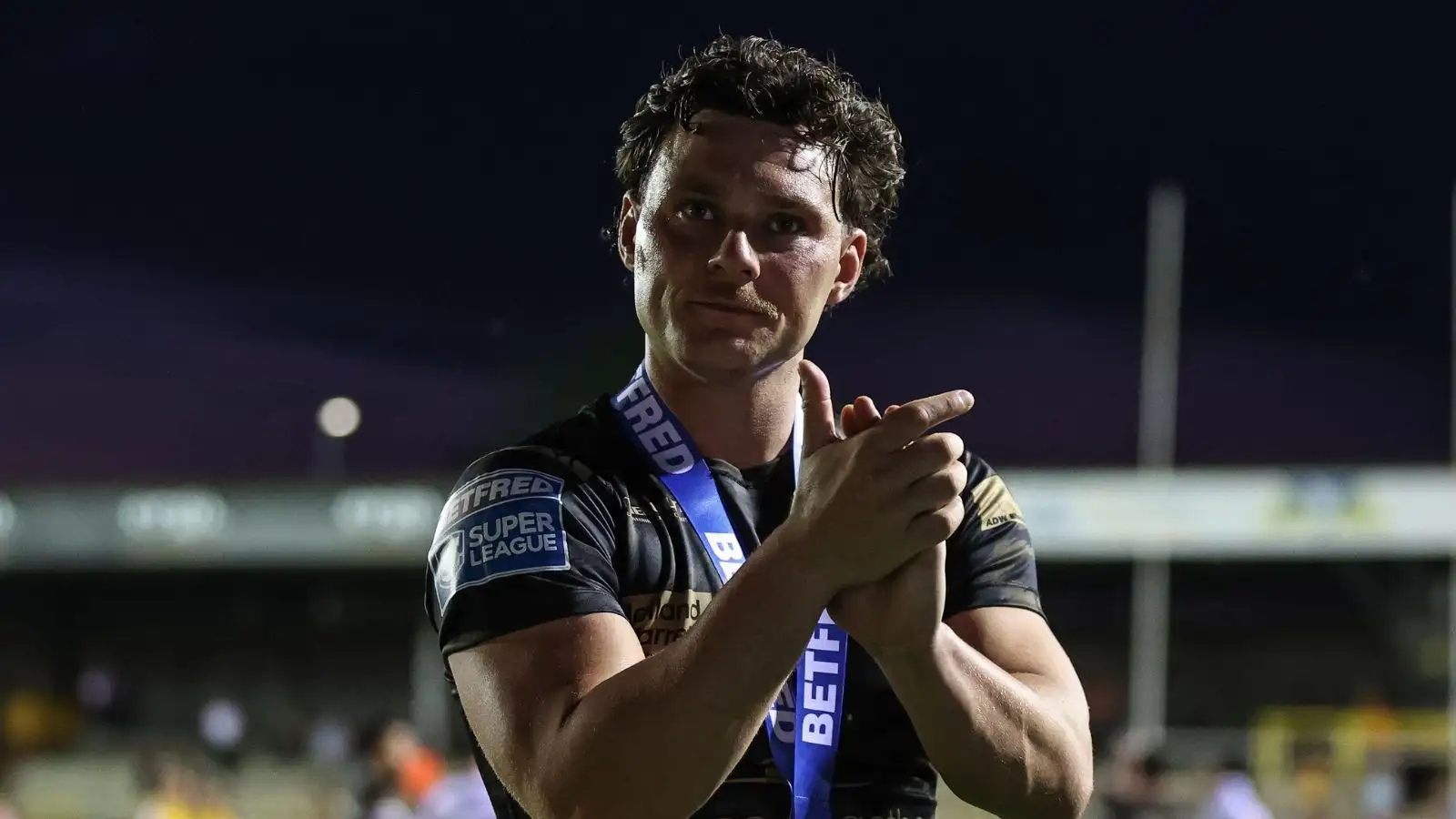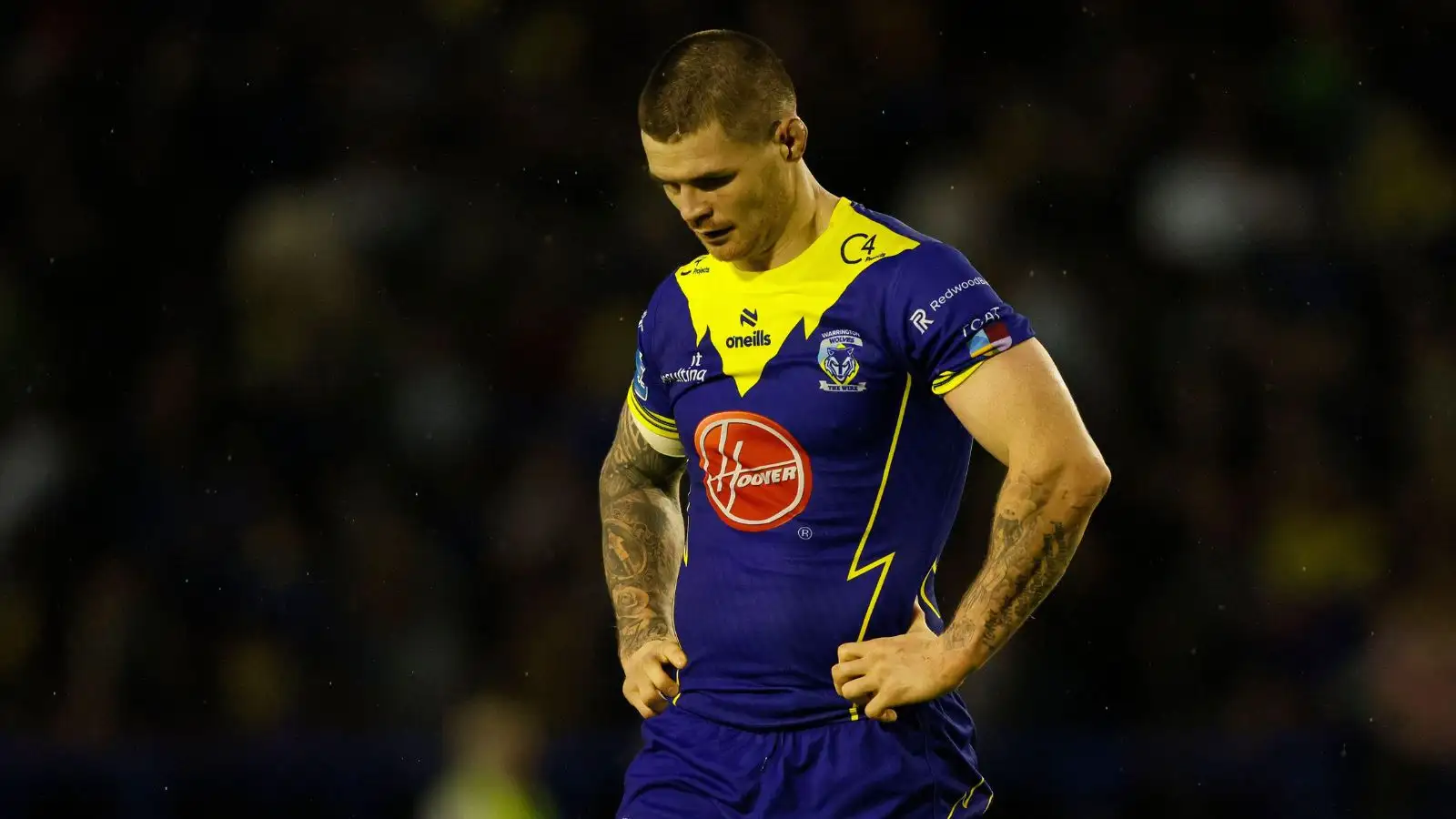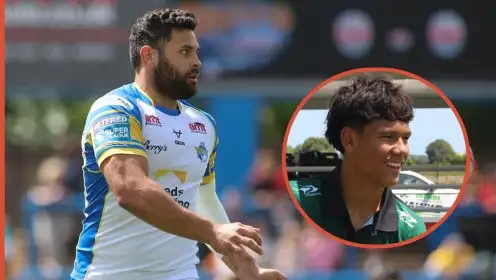Confusing the Issue: Directors of coaching
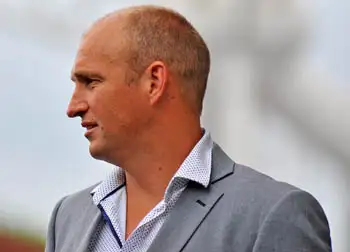
“We need to clean out the deadwood, Michael.” Those words came from the mouth of Newcastle Knights chairman Brian McGuigan as the siren sounded to mark the end of the game at the club’s last match of the 2015 season.
It was a year that saw the Knights finish with the tag no club wants to be lumbered with, which is ‘wooden spooners’.
McGuigan’s statement was also the first sign of change that was about to sweep through the club in the coming off-season and not just on the field, but off it as well.
Former St Helens coach Nathan Brown was appointed to the top job in a bid to turn the proud club back into a finals contender.
Last season’s performances by the red and blues are testimony that a fresh approach was warranted and Brown makes no apologies of the collateral damage that’s so far been caused.
Recently Michael Hagan’s two-year contract as the club’s director of football came to an end on mutual agreement, a decision which has upset some supporters.
Hagan’s no mug.
He coached the Knights to their second premiership in 2001, and more recently has been the assistant to former Queensland Origin coach and newly appointed Kangaroos mentor, Mal Meninga.
In September last year he was handed the task of overseeing Rick Stone, who returned as head coach following the departure of Wayne Bennett to the Brisbane Broncos.
But it was a year to forget. Stone was given his marching orders in July, as Newcastle went on to win only eight of its 24 matches.
Former Knights captain Danny Buderus became caretaker coach for the rest of the season as Hagan stayed on.
In a result driven sport, Stone was judged accordingly, so why shouldn’t Hagan be?
In the end, he was.
There’s a likely assumption that Knights new coach Nathan Brown has his own beliefs on how a club should be run in all facets of its operations and offered Hagan a down-graded role within the club.
That offer was rejected.
It makes you wonder how a man of Hagan’s track record, whether it be as a coach, or an assistant at representative level failed to make the slightest difference last season.
It does raise the question, is a ‘director of coaching’ really necessary to a club at all? The chemistry of the first grade coach and his overseer is always going to be a hit or miss.
If both aren’t working off the same page, it can be a total disaster, but let’s face it, all coaches are different.
They all have alternate methods. That’s what sets them apart from one another, but if they had the same ideas it wouldn’t work either.
The secret to a harmonious relationship between both parties? Let the coach, coach, but add a twist of something else thrown in.
Someone watching and judging your every move isn’t uncommon in any work place, those people are called bosses.
So, if you’re handed the coaching reigns of a club, shouldn’t you have every right to be ‘the boss’ and run it the way you’d like without being judged by someone? Or in some cases, shackled.
The added problem is when employees still have a valid contract and there’s no choice but to keep them. What happens then, just like in the Hagan situation, is to change the role to a point where it makes their position untenable.
A second set of eyes does come in handy- but isn’t that what assistant coaches are for?
It’s worked in the past.
Assistant coaches seem to have just as much of a vested interest as the head coach when it comes knowing players’ capabilities and requirements and on many occasions able to conduct training sessions without the top man in attendance.
Some learn from the experience and go on to become coaches in their own right, others are destined to stay in that role, electing to always be the bridesmaid-but never the bride.
Football directors, directors of coaching, directors of rugby, coaching co-ordinators, whatever you like to call them, seem far more removed from all of that.
If the season turns pear-shaped, does that person have the right to say: “I did my best, it’s not my fault the coach didn’t listen to me.” What else are they going to say to keep their job?
Many other footballing codes are implementing such positions to help administer certain styles of play from junior through to senior teams, but in rugby league, it’s just starting to take hold.
Finding the right personalities that click is the toughest part.
There’s also talk that the relationship between the Parramatta Eels head coach Brad Arthur and general manager of football, Daniel Anderson is at times strained.
They might serve themselves better to going back to the way things used to be done.
You know, when the coach had full control?
Premierships were still won with no director of coaching in sight.
Heard of the saying: ‘Keep it simple, stupid?’
Michael Cain is a reporter with NBN Television and a former contributor to Big League magazine. Follow him on Twitter here @caineynbn
